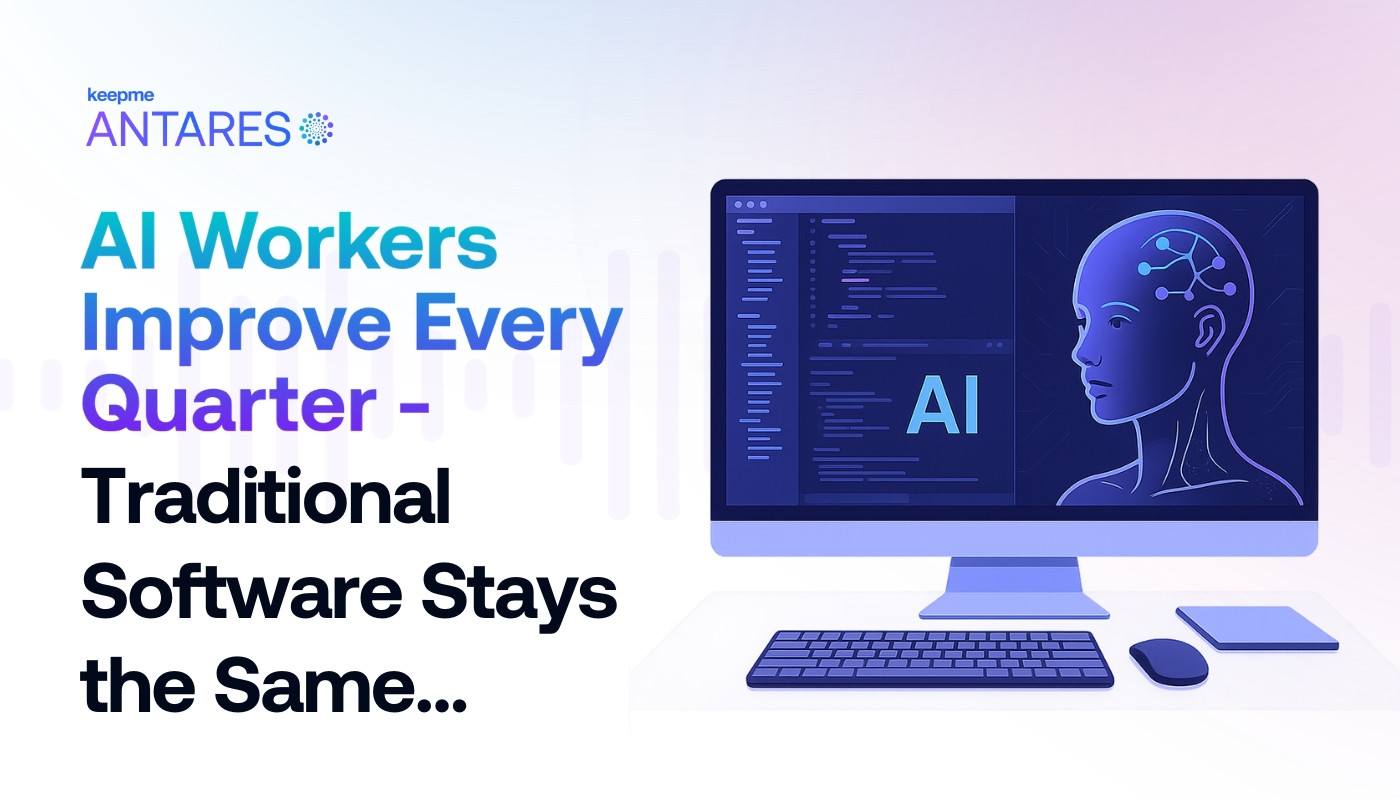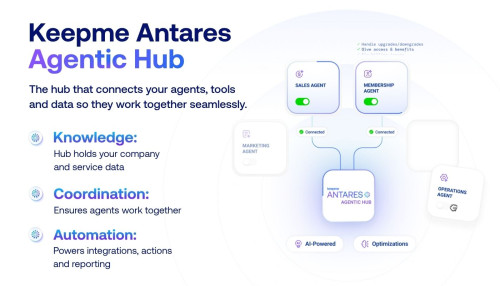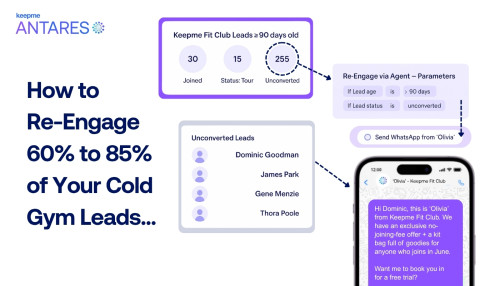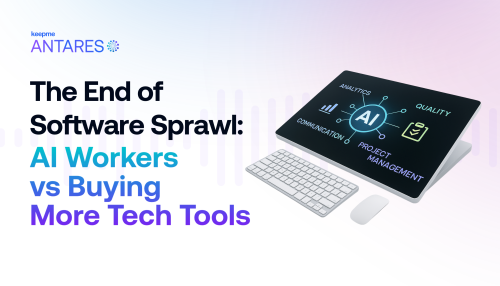Last week OpenAI unveiled GPT-5. While most headlines zeroed in on its coding power and benchmark wins, the real story for fitness operators already using AI agents was quieter but far more significant: their existing workforce just became more intelligent.
Not new hires. Not replacements. The very same AI agents already managing sales, membership queries, and operational tasks simply gained sharper reasoning, stronger context retention, and improved error handling. No contracts renegotiated. No rollouts. No retraining.
This moment highlights a profound shift every fitness operator must understand when choosing technology.
Depreciating Software vs Appreciating Intelligence
For decades, software has been valued by the features bolted onto it. You paid for new modules or upgraded licenses, but the core performance stayed the same. AI workers are different. They don’t just add features; they become inherently better at the tasks you already rely on them for.
When you bring an AI sales agent into your team, you aren’t buying a static tool. You’re securing an employee whose underlying intelligence keeps advancing. With each leap forward in foundation models, those gains transfer straight into your business at no additional cost.
Take this past week as proof. Fitness operators running AI agents didn’t have to buy an upgrade or learn a new system. Their agents simply started handling tougher prospect conversations, sustaining context for longer, and resolving missteps with more human-like recovery.
Why ROI Looks Different with AI Workers
This changes how you should think about return on investment. Traditional software delivers peak value at the start. From there, performance levels off while costs continue. That’s a depreciating curve.
AI workers create the opposite effect. What you experience on day one becomes a baseline, not the ceiling. As the models improve, your agents automatically deliver sharper conversations, smarter decisions, and stronger execution without an increase in cost. That’s an appreciating curve, where returns grow instead of plateauing.
The Power of Compounding Intelligence
The compounding effect is even greater when you realise the improvements stack on top of the knowledge your agents already hold about your business.
GPT-5 didn’t just create smarter general AI. It made your agents - already trained on your pricing, your policies, your brand voice, and your member behaviours - better at executing your processes. They were effective before; now they operate with deeper reasoning and consistency.
That creates an advantage that compounds over time. Competitors who adopt AI today only access the latest version. Your agents, by contrast, have months of embedded learning in your environment plus the uplift from every new intelligence release. The gap widens with each cycle.
The Questions Operators Must Confront
The framework for evaluating technology has shifted. Operators should now ask themselves: is this an asset that depreciates with age, or one that appreciates as intelligence compounds? What does performance look like in three years: static capabilities with a looming replacement bill, or continuously advancing results on the same business challenges?
It’s also worth considering the cost of delay. With traditional software, late adoption simply means catching up. With AI workers, postponement means forfeiting months of compounding gains while competitors accelerate ahead.
Where the Industry Is Headed
AI agents are not destined to dominate fitness operations because they are trendy, but because the economic model is structurally superior. Each quarter, they deliver stronger results without adding cost. Each quarter, the distance between operators using them and those clinging to static software expands.
Early adopters aren’t just modernising their stack; they are investing in assets that grow more valuable every month. The decision is no longer about if AI workers will transform your operations. It’s whether you’ll bank years of compounding advantage, or wait until the transformation is so obvious that you’re starting from zero.
---3.png)




